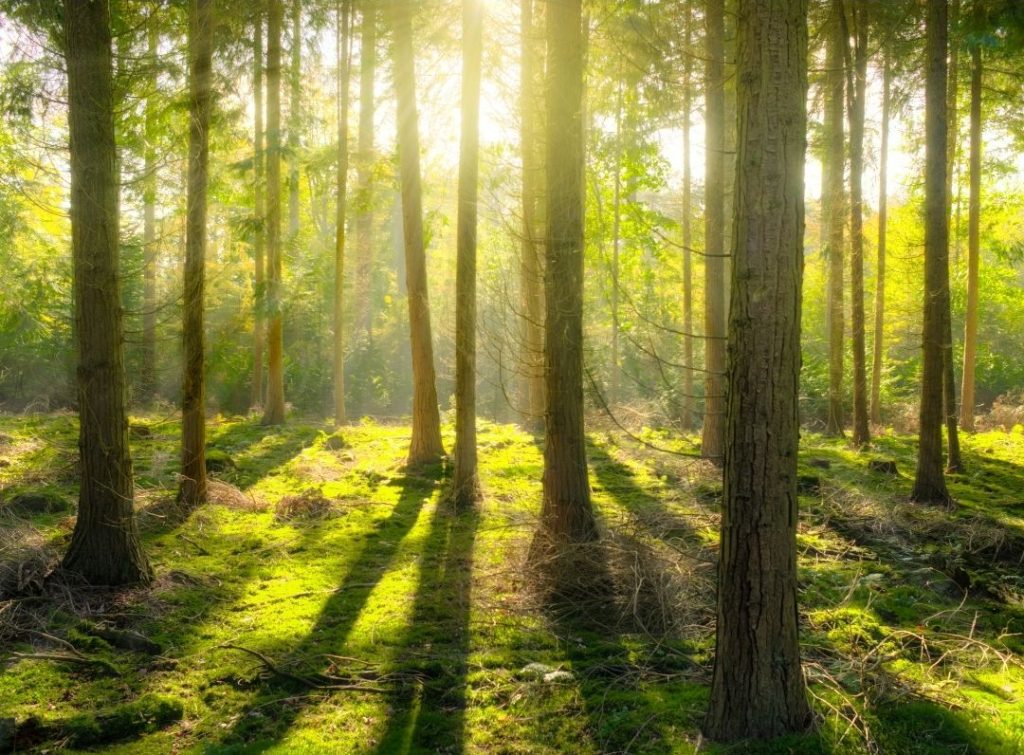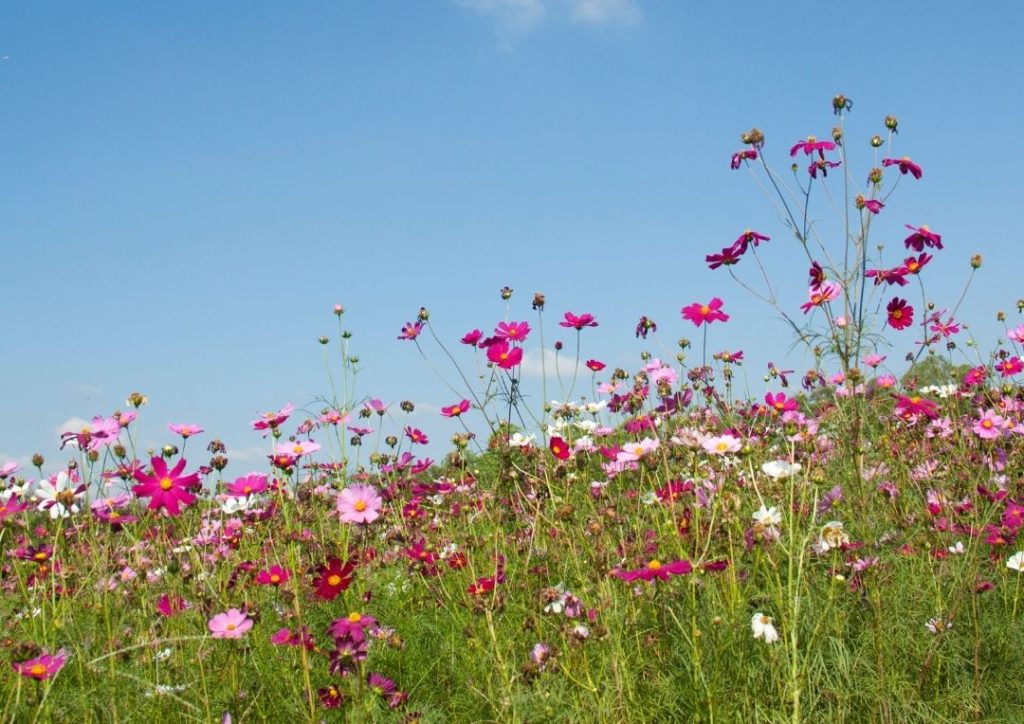Climate-Aware Therapist: What does that mean?
 Dortch Mann, LCMHC recently pursued his desire to merge Climate Awareness with his clinical practice. We are very excited to announce that he is officially a Climate-Aware Therapist.
Dortch Mann, LCMHC recently pursued his desire to merge Climate Awareness with his clinical practice. We are very excited to announce that he is officially a Climate-Aware Therapist.
What is a Climate-Aware Therapist, you ask?
We thought you might ask that! Continue reading as Dortch explains what this title means for him and how he will use this to serve his clients through his clinical practice.
How does climate change impact mental health?
Anyone who acknowledges that climate change is occurring, is witnessing its current effects on marginalized people, and is able to imagine it’s impact on future generations, will experience distress. This distress isn’t an indication of mental illness, but a completely reasonable reaction to the threats and losses we see now and can foresee for those we love. Climate change distress can lead to or worsen depression, anxiety, and stress. The climate crisis is a threat not only to our physical well-being but also to our sense of safety, meaning, and purpose. Thus, it is a threat to our mental well-being.
What led to you become a Climate-Aware Therapist?
I’m at that stage in my adult development called Generativity. Generativity is “concern for and commitment to promoting the development and growth of future generations.” Being a Climate-Aware Therapist gives me the opportunity to contribute my training and skills as a psychotherapist to catalyze, within individuals and our community, a resilient response to climate change.
Is this something clients must ask for? Or will you bring this into sessions as you see fit?
My approach is to be responsive to the needs of my clients. That may mean waiting for my clients to broach the subject or, quite possibly, that I prompt my clients to consider the impact of climate change on what they value in their lives.
How do you integrate this work into your own life?
All of us have a calling. I am convinced that mine is to be a therapist. As a therapist, I know that the best way to lessen distress, whether it’s depression, anxiety, or stress, is to engage in meaningful, purposeful action. I believe this also applies to distress about the climate crisis. As a Climate-Aware Therapist I can encourage and empower my clients to meet the challenges of climate change with emotional resilience and commitment to action. That’s my way of taking action, too.
What does Earth Day mean to you and how do you commemorate it?
The first Earth Day was when I was 10 years old. The entire year prior, I was completely enrapt by NASA’s mission to have a human walk on the moon. On the way to the Moon, a picture was taken of the Earth, the first from a distance that allowed us to see our planet as a whole; as a beautiful yet fragile home for all of life. A home for all we love. The picture was a catalyst for the first Earth Day.
As I grew up, I devoted much of my free time to the outdoors. I worked outdoors as much as I could, from farm labor to being a wilderness camp counselor. Increasingly, I saw my calling as somehow fostering this love of the outdoors in others, too.
My way of commemorating Earth Day tends to shift from organizing and participating in large group events to tending to our little back yard “wildlife sanctuary.” I recognize that I am responsible for playing my individual role in caring for the Earth, as well as for joining with others to “leverage” our collective power.


